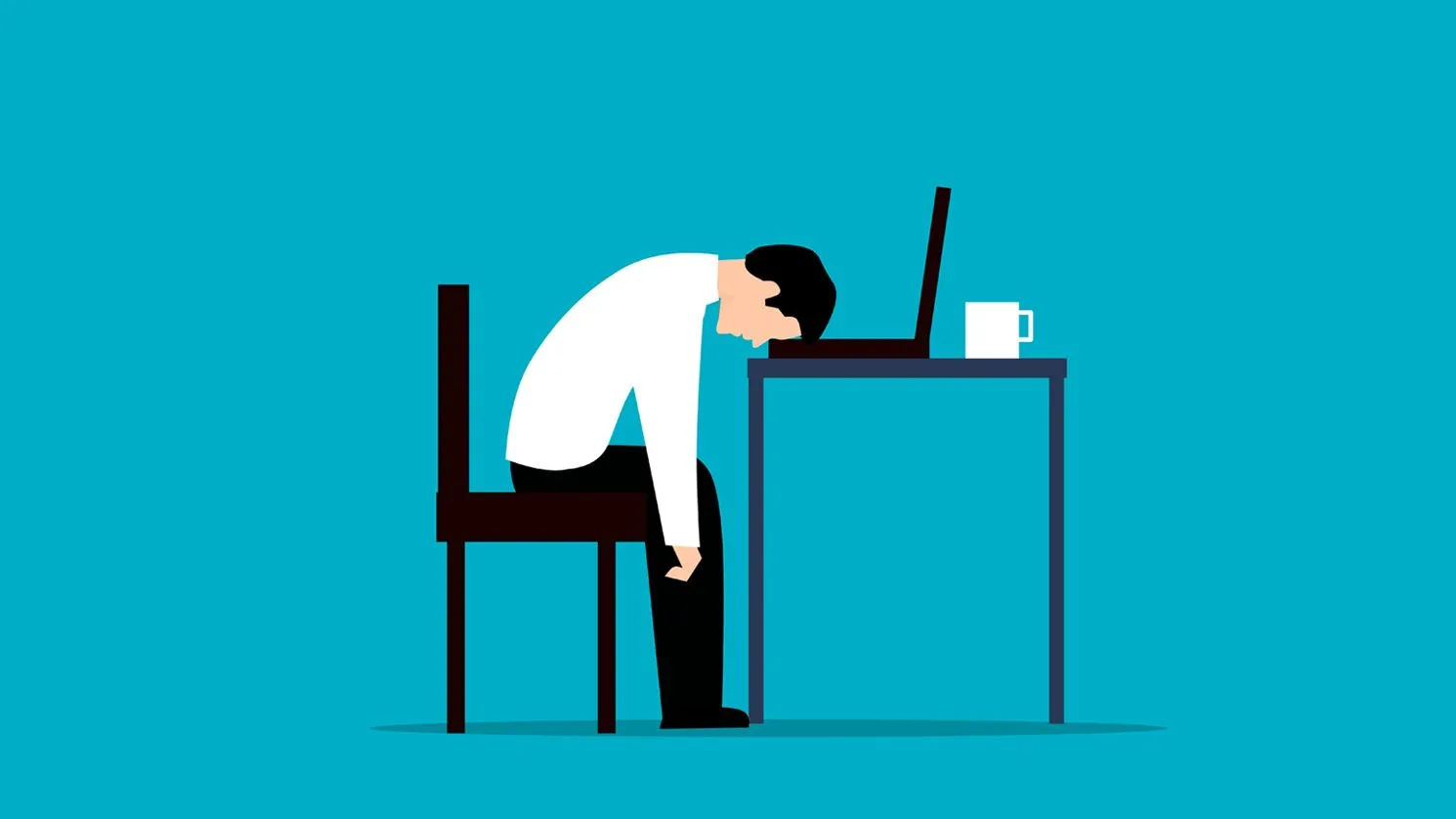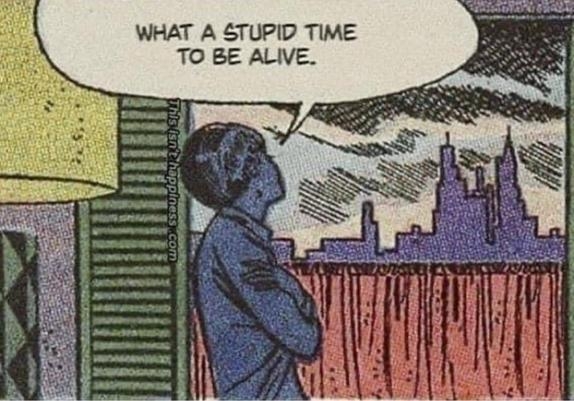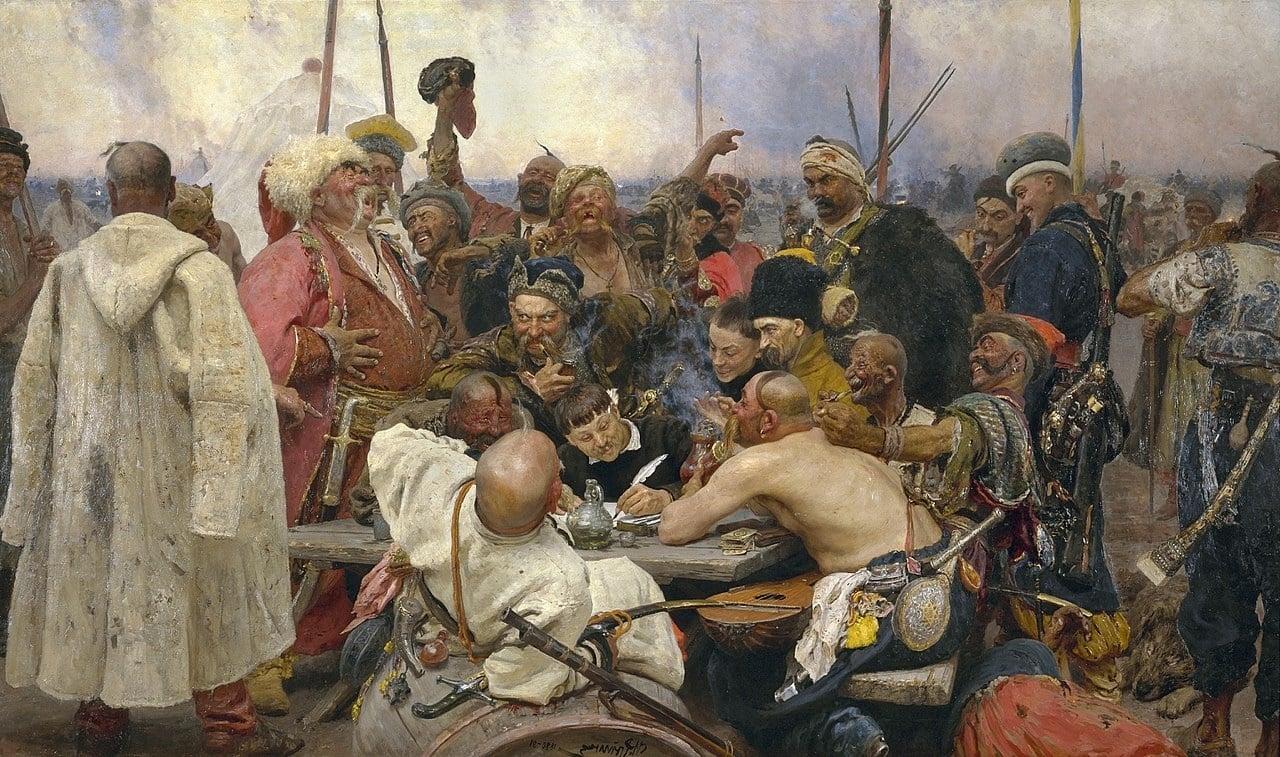I ask this because I’ve recently gotten into creating a union for my work place and noticed that North America is really the only place where a Labor or workers party never took off.
It would be probably be doable to unite the unions into a political party similar to the UK Labour party after the world wars. The major point is, is that the party would have to be purely an economic party with each individual member deciding for themselves how to vote on social issues.
that’s how you get national socialism, congrats for reinventing the wheel
It’s how at least on the federal level you convince people to unite and get sweeping economic reforms. A party wide policy of “leave it to the states” and the only non economic policy being to implement proportional representation would actually help people while allowing the state level parties to have state specific social issues
No. If you’re not willing to fight for social rights I will probably assume some level of racism or homophobia.
It’s to make unity among the working class easier. If everyone can agree in the economics then it’s smarter to stay quiet on divisive social issues and leave ot to the elected members to vote how they see fit.
If you are okay unifying with racists and homophobes I want nothing to do with you.
Or, at the very least, indifference to same.
If you are indifferent to racism or homophobia you are a racist homophobe in my book.
Amen to that.
I certainly wouldn’t. What good is a worker’s party if it isn’t for all workers? Saying that you’re not going to take a stance on social issues is tantamount to saying that you’re ok with some people losing rights, or being relegated to nth class citizens, where n is some number greater than 1. This isn’t just idle speculation, either. These things are happening right now at an alarming rate. Refusing to take a stand on it because you want to have a broad coalition of people who stand for nothing is pure cowardice.
Not a fucking chance in hell.
I’m an anarchist. Flat out, voting is a whole deal for us in general but if I’m gonna vote then you better be damn sure that that person better care about some degree of intersectionality.
So what if we have a workers alliance? How is the representation of black women and the treatment of indigenous queer people and and and?…
I don’t want to be party to any group that excludes based on such things or even worse, is silent while others do horrible things to them. Indifference is so much colder. Watching on as other suffer under the bootheels of oppression simply because they were “only concerned with class”. Ugh.
Maybe? I guess it depends on how genuinely committed they are to fighting for everyone. Personally I believe that Capitalism is the big thing we need to deal with first and foremost and that social equality will be easier when we’re all economically secure enough to resist exploitation but… it doesn’t always go that way. We kind of saw how mid century labor union’s exclusion of black workers not only was bad for black people, but also weakened the movement because it lacked that broader solidarity with the rest of society. (Among other factors that eventually brought it down obviously.)
So I do think we could benefit a lot by having a party that focused it’s efforts on the most critical issues: Inequality, democracy in and out of the workplace, climate change, and greatly reducing the military, police, and surveillance state’s capabilities and authority. Things that don’t just affect all of us, but which represent fundamental barriers towards all forms of progress. But we do still need to be careful that this lack of a more explicit social program doesn’t allow the party to become exclusionary. Progress for some at the expense of others isn’t progress. It’s also just strategically bad.
Yes, not because social issues are unimportant to me, but because until we get money out of campaigns and out of both chambers, parties have no will to codify much for the marginalized.
Edit: I replied in the wrong spot.
I don’t know. The individual candidate’s views will be on display. As there are multiple social issues, I assume there is a greater than 50% chance I will dislike the candidate.
I certainly would.
The social parts are what’s holding unions back. The average American blue-collar worker is right wing. The average union man is left. And they don’t want to fund political opponents.
I’d say that is a fair assessment. The average US leftist is probably more right than they care to admit. Or perhaps closeted in their views, for whatever social capital they feel they gain from it. Maybe either/or/both.
I’m not sure you understand, unless I’m misreading your comment. The average blue collar American worker is right wing. He votes Republican, is against Illegal immigration, doesn’t drink bud lite because trans people, won’t drive an EV, etc etc. You get the picture.
The average union man isn’t a worker, he’s just an administrator. A glorified middle manager. He’s leftist and isn’t blue collar. His job is to collect union fees and harass workers into paying up. A mundane champagne socialist. He supports all those left wing things, and paying him is paying for more of those things actual workers hate.
I need to think about that. It seems regional.
I’ve known union bosses who are more left wing than the average leftist, but corruption in every decent institution is an issue. And I think it’s by capitalist design.
Seriously, most people might talk trash about what everyone else is doing, but it seems to me that the more people have basic needs met, the less time they spend worried about their neighbors’ business.
I’m strongly pro-union but I have watched the Labour party, and they’re a total clusterfuck of neolibs. So, probably not.




